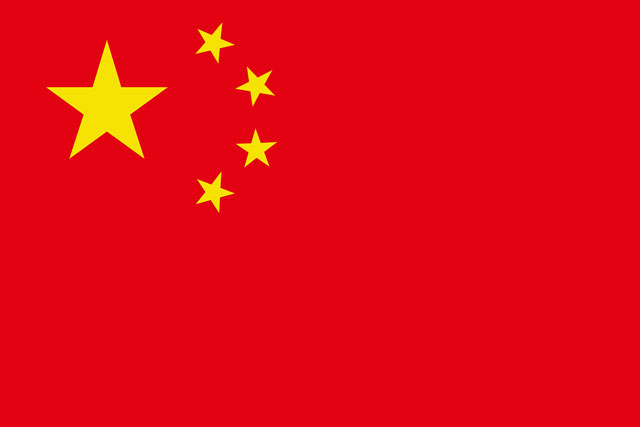
US President-elect Donald Trump made the vilification of China a key plank of his stormy campaign. Yet its technology giants are already figuring out how they can profit off his victorious White House bid, from the chance to poach disillusioned Silicon Valley workers to possibly cementing business ties with a more pragmatic US.
For starters, they could swell their ranks of prized tech talent. If the former reality TV star makes good on a pledge to bar foreign workers, some of the tens of thousands of overseas-born workers now plying their trade in the Valley could instead consider a career in the world’s second largest economy, said Robin Li, the billionaire chief executive of Baidu.
Li may have voiced the sentiments of his compatriots on Friday. China’s largest technology firms, from Tencent Holdings to Alibaba Group, have blossomed in past years into domestic economic powerhouses, helped by an influx of locally born but foreign-trained talent. Enticing non-Chinese personnel, however, has proven tougher because of language barriers, pervasive Web censorship and strict government control of the Internet.
“I read that an advisor to President-elect Donald Trump complained that three-quarters of engineers in Silicon Valley aren’t Americans,” Li, who heads China’s largest search engine, told the audience at China’s annual World Internet Conference in the historic town of Wuzhen. “So I myself hope that many of these engineers will come to China to work for us.”
The corporate luminaries who grace the government-organised assembly typically focus on talking up the potential of domestic markets and policy. It was inevitable, however, that the topic of Trump’s ascension surfaced at this year’s pow-wow.
Li was referring to Trump’s pledge to “end forever” the use of cheaper labour from the H-1B programme — a lottery system that’s a principal source of visas for tech workers. In the two Silicon Valley counties of Santa Clara and San Mateo — home to Intel and Nvidia — about two-thirds of people working in computing and mathematics fields are foreign-born, according to a study by Joint Venture Silicon Valley using 2014 government data. Many of those are now seriously weighing their options.
“Many engineers in Silicon Valley have expressed concern about the US’s capabilities in innovation,” Li told the conference. “In the past, Chinese IT companies can only attract Chinese engineers from abroad. We would now like to hire more engineers from different backgrounds around the world, because China is the fastest growing major market, so let’s all work together.”
To be sure, uncertainty surrounds the extent to which Trump will hew to the proposals he floated on the campaign trail. Trump spent months blasting Beijing and threatening a trade war with a country he blames for stealing American jobs and capital. Bankers and lawyers are now said to be counselling Chinese clients to mothball acquisition attempts until Trump clarifies his stance on cross-border deals.
“There could be stricter rules in sensitive cutting-edge technologies and the investment review could be tightened,” Wang Chaoyong, chairman of private equity firm ChinaEquity Group, said in an interview. “But in general, as to broader investment, I think it’s business as usual. It will be harmful to the US economy too if they give greater scrutiny to Chinese money.”

Others actually anticipate improved relations between the two economic superpowers given the commander-in-chief’s entrepreneurial background. Xiaomi CEO and co-founder Lei Jun, whose company is best known for low-cost smartphones, has been steadily increasing the number of products it sells to America and doesn’t foresee that ending.
“Trump, as an entrepreneur, is pragmatic. And that pragmatic approach will definitely help to develop China-US relations,” he told reporters on the conference’s sidelines.
In the end, the rise of China has become simply unstoppable — Trump or no — at least from the standpoint of Zhou Hongyi, the CEO of search and cybersecurity firm Qihoo 360 Technology.
“Chinese companies are leading some of the most advanced Internet innovations, and many Chinese companies are investing abroad and to make the Chinese Internet model global,” Zhou said. “The new US president won’t stop the trend.”
Tencent, for one, is often cited for pioneering app innovation with WeChat, a messaging service used by more than 800m that’s become the go-to destination for everything from taxi bookings to mobile games. CEO Ma Huateng, while not directly referring to Trump, told the conference his company’s ambition remained international.
“This is just a current stage. We’re still trying to go global,” he said. — (c) 2016 Bloomberg LP




